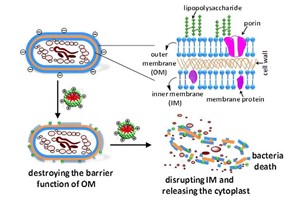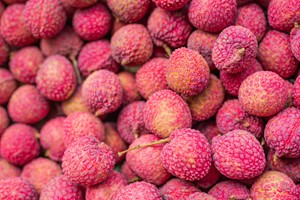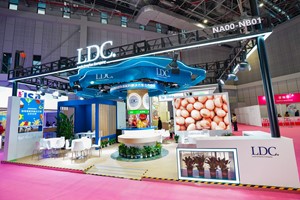A groundbreaking study has revealed the potential of biosurfactants—natural compounds produced by microbes—to revolutionize meat preservation, potentially replacing synthetic chemicals and significantly enhancing food safety and quality. This innovative approach aligns with the growing consumer demand for natural and safe food products.
Meat and meat products are essential components of human nutrition, offering high-quality proteins, essential amino acids, and vitamins. However, these products are highly perishable and susceptible to microbial contamination and oxidative damage, which can compromise their quality and shelf life. Traditional preservation methods include refrigeration, advanced packaging, and the use of chemical preservatives. Yet, due to increasing health and environmental concerns, there is a shift towards natural preservatives that can safely extend shelf life while ensuring consumer satisfaction.
A recent review published in AIMS Agriculture and Food highlights the significant benefits of biosurfactants in meat preservation. These naturally derived agents are known for their surface-active properties and have demonstrated remarkable potential in extending shelf life and reducing contamination risks without relying on synthetic preservatives.
The study underscores the vulnerability of muscle foods, such as meat and meat products, to microbial contamination and chemical changes that degrade quality. Biosurfactants, with their antimicrobial, antioxidant, and emulsifying properties, have emerged as effective natural alternatives to traditional preservatives. They inhibit pathogen growth and prevent oxidation, thereby extending the shelf life of these products.
Extensive research indicates that biosurfactants significantly reduce spoilage and improve meat quality. These compounds are also eco-friendly, catering to consumer demand for sustainable, clean-label food products. Moreover, biosurfactants offer a safer preservation method that enhances the texture and sensory qualities of emulsion-based meat products, positioning them as a sustainable solution in food safety and industry practices.
Dr. Mohammed Gagaoua, a lead researcher from INRAE, Institut Agro, commented on the findings: "Biosurfactants not only extend the shelf life of meat products but also enhance their safety and quality by inhibiting harmful microbes and preventing oxidation. This research opens new avenues for the food industry to adopt greener and more consumer-friendly preservation methods."
The application of biosurfactants in meat preservation has the potential to drastically reduce reliance on chemical preservatives, aligning with the growing consumer preference for natural and safe food products. Furthermore, the adoption of biosurfactants can lead to enhanced food safety standards, potentially reducing the incidence of foodborne illnesses and spoilage-related losses.
The study emphasizes the promising role of biosurfactants in transforming meat preservation practices. By offering an effective, natural, and sustainable alternative to synthetic chemicals, biosurfactants could play a crucial role in meeting the evolving demands of both the food industry and health-conscious consumers.
phys.org














